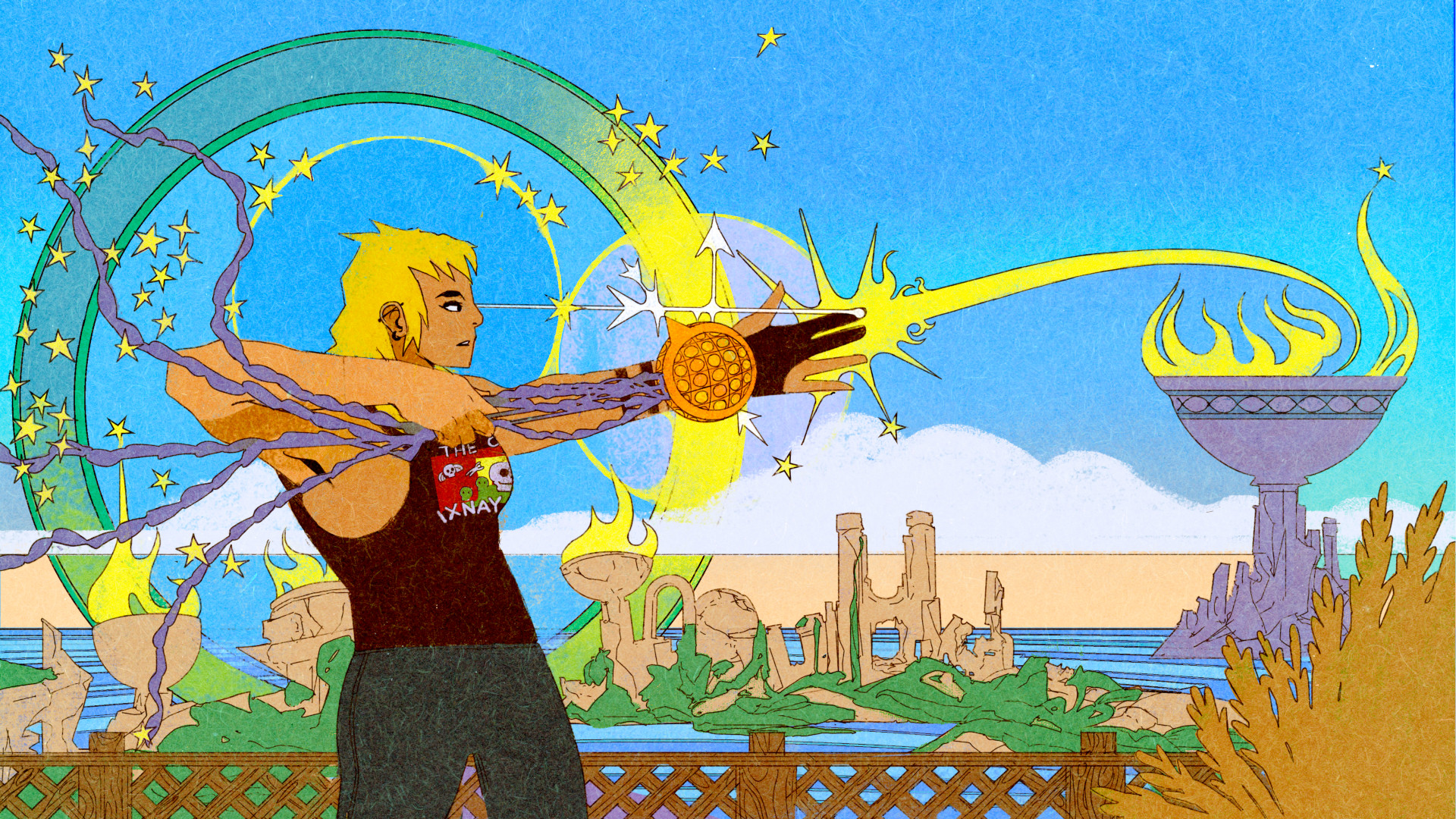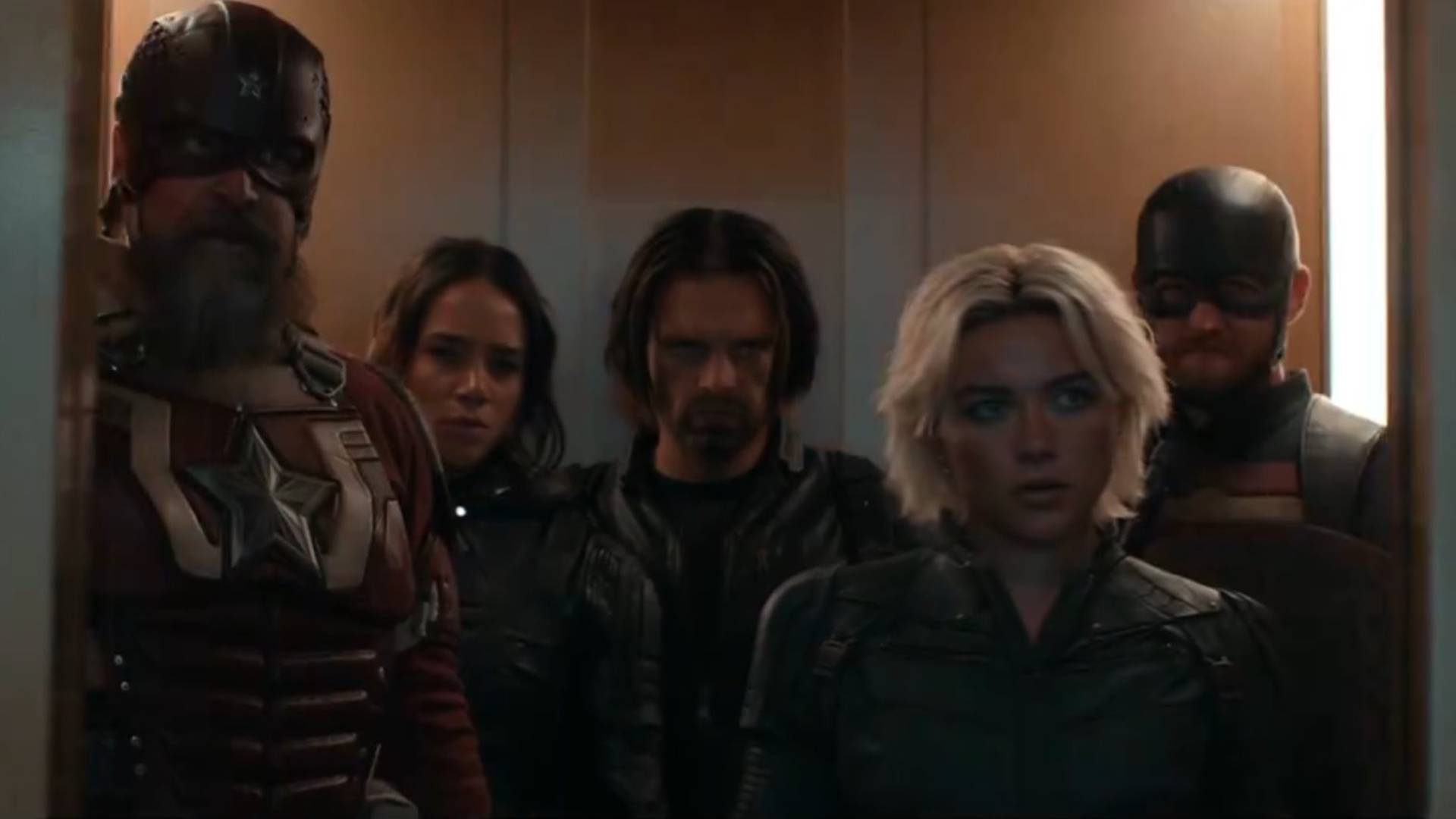Landmarks of gaming: 1980 - 2011
A look back at the games that captured the essence of every year
1994: Donkey Kong Country
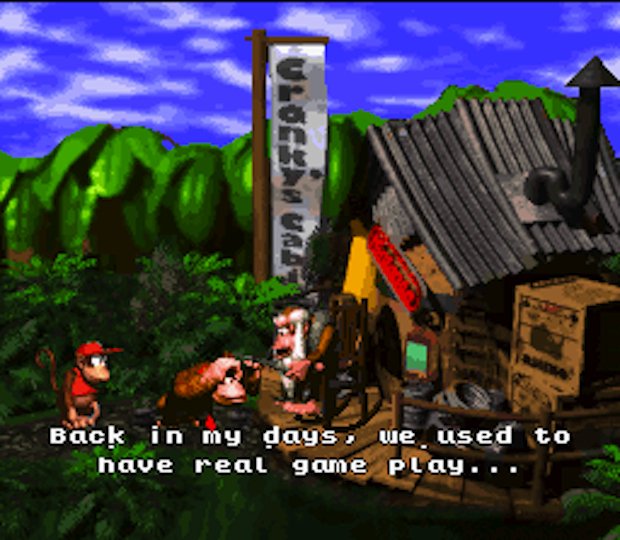
Above: The game famously dissed (and apologized to) by Shigeru Miyamoto himself
The game: Platformer starring loveable animal mascots distinguishes itself with a snazzy CG look and (we often forget) uncommonly fine-tuned gameplay.
Significance: Giddy over movie CGI and powerful future-consoles (in the Nintendo-proclaimed “Year of the Cartridge,” Sony had the nerve to launch the PSX), '94 was crazy for anything that looked the least bit computer-generated. Deep down, we knew this was just pre-rendered business as usual – but we could dream, right?
1995: Marvel Super Heroes
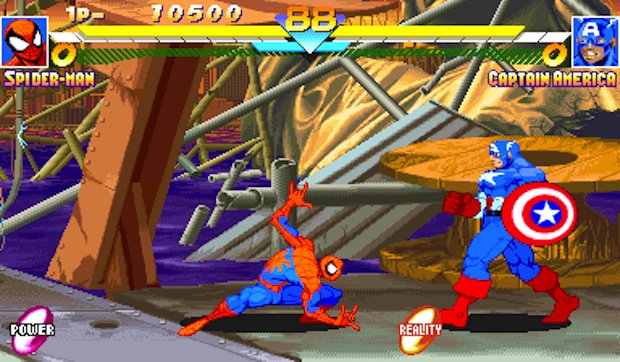
The game: In an age when every other game had two fighters, health bars up top and a shitload of buttons, here was... another one. This time with comic characters!
Significance: The increasing complexity of fighting games saw move-lists and FAQs command heavy Internet traffic. Guides to MSH were among the first docs added to the immediately-popular Video Game FAQ Archive, later GameFAQs. Great for players, but a troubling early indicator for print media – particularly games mags.
1996: Ripper

Above: A pre-Cowbell Walken enjoys an overabundance of credibility
Sign up to the GamesRadar+ Newsletter
Weekly digests, tales from the communities you love, and more
The game: Christopher Walken, Paul Giamatti and John Rhys-Davies star in cyberpunk “interactive movie” that not only took up six CDs, but had the gall to turn this into a box-front boast.
Significance: The multimedia boom brought games out of the pixellated ghetto – Resident Evil's rendered graphics and Trent Reznor's Quake soundtrack, for instance – but Ripper typified a rush of titles, bloated and light on actual gameplay, that had many feeling like progress wasn't worth it.
1997: Wipeout XL
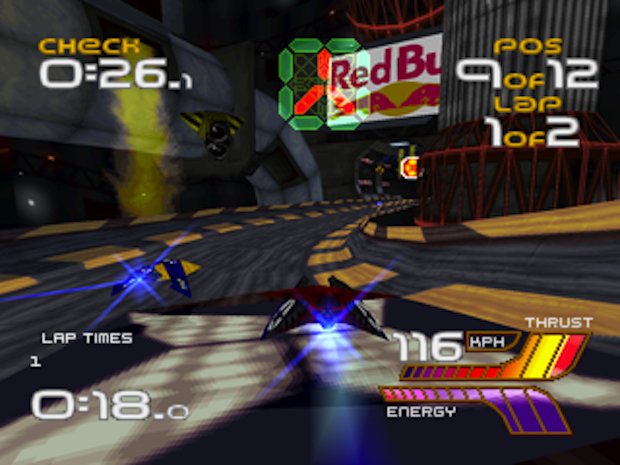
The game: Gaming forays into undergrounds like hip-hop and grunge had hitherto rested on a timeline between ham-fistedand mortifying. The rave scene proved a better fit: XL stylishly blended the neon euphoria of electronica with games' sci-fi futurism.
Significance: Games were on CDs! Music was on CDs! Music is cool, and now games had no reason not to be cool either! Not bad for a medium that, four years prior, had been using “MIDIfied dad-rock” as a selling point.
1998: Pokemon Red/Pokemon Blue
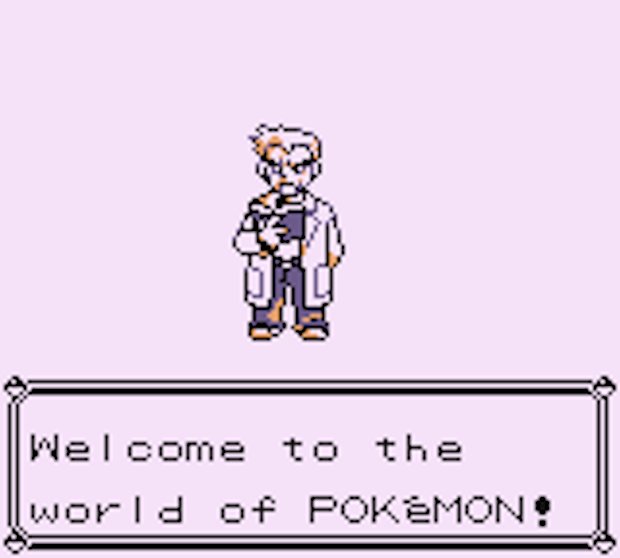
The games: Released in gaming's Best Year Ever (Ocarina! Half-Life! MGS! Starcraft! Tekken 3! Resi 2! Thief! Baldur's Gate!), Pokemon proved a lifesaver not just for the relevance-hemorrhaging Nintendo, but portable gaming as a whole.
Significance: Anime fandom had long occupied a comfortable niche in the gaming world, but the Pokemon phenomenon brought Japanophilia to mainstream players – and, via the equally huge cartoon, to kids who'd never even touched a Game Boy.
1999: EverQuest
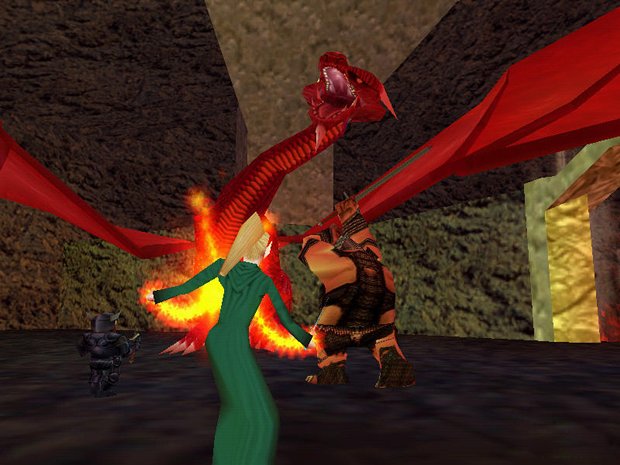
The game: Massively multiplayer pointy-ear extravaganza in which you could go online, meet your friends, hold marriages, even play some D&D if you wanted.
Significance: With the Internet having gone from “curiosity,” through “buzzword,” to arrive at “essential,” gaming was a good sign of where things were headed. The Counter-Strike mod for Half-Life hinted at a future of user-generated invention, but in '99, if you weren't hooked on Evercrack, you probably didn't have a modem.
2000: Perfect Dark
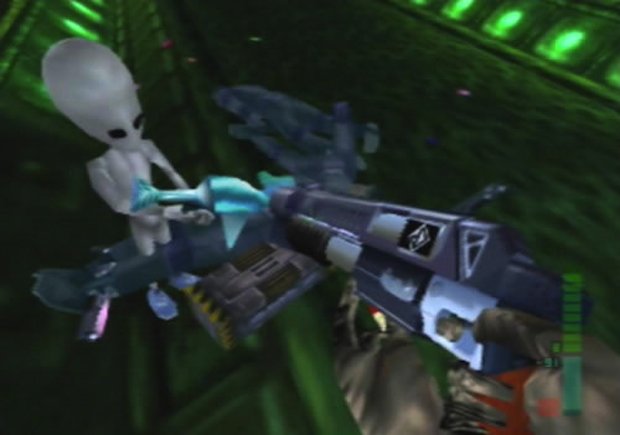
The game: Story-based FPS with a cache of lovingly-catalogued weapons and huge-ass multiplayer mode that proved so taxing for increasingly outdated late-90s hardware that you needed to buy a clunky bolt-on just to play it. Welcome to 2000!
Significance: Sassy yet approachable anti-hero stars in convoluted sci-fi plot involving evil corporations, global conspiracy, Area 51, and the gray aliens whose image graced the walls of many a pot-scented dorm room. Again: welcome to 2000!
2001: Super Mario Advance
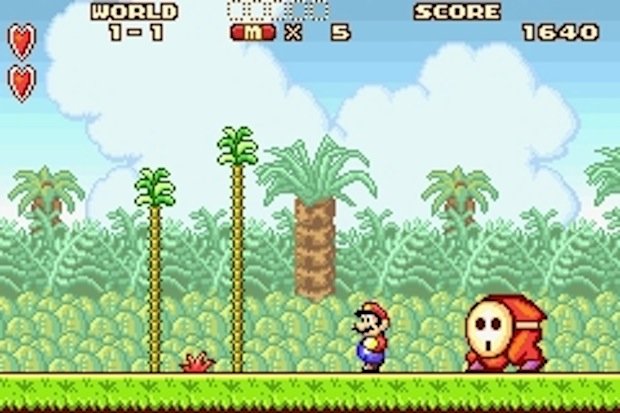
The game: Well, it's Mario 2, isn't it? A few tweaks, but Mario 2 nonetheless.
Significance: GTA3 provided the opportunity to do anything except obey the law, and The Sims let you be anything except interesting. But the burgeoning emulation scene was worrying publishers by offering a whole other degree of freedom. Nintendo's wise response: if people want to play the old games, give them a legitimate means of doing so. Retrogaming as we know it had begun in earnest.
